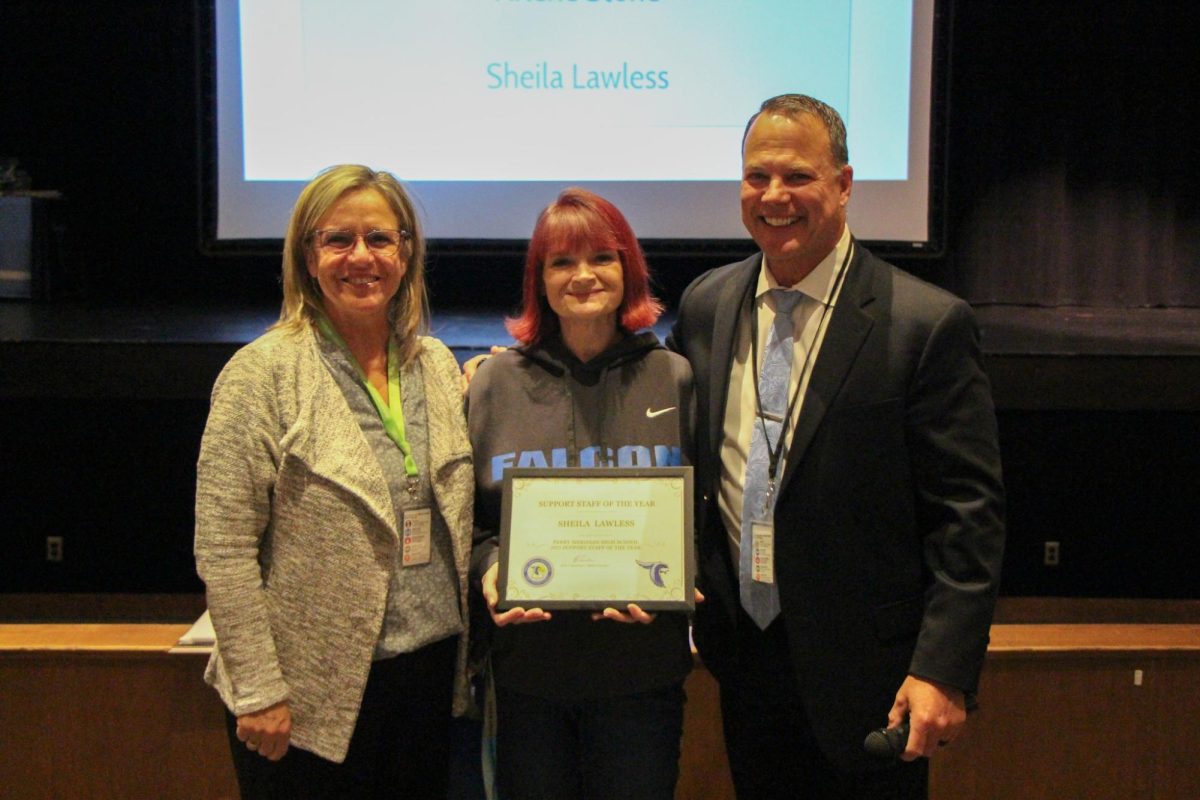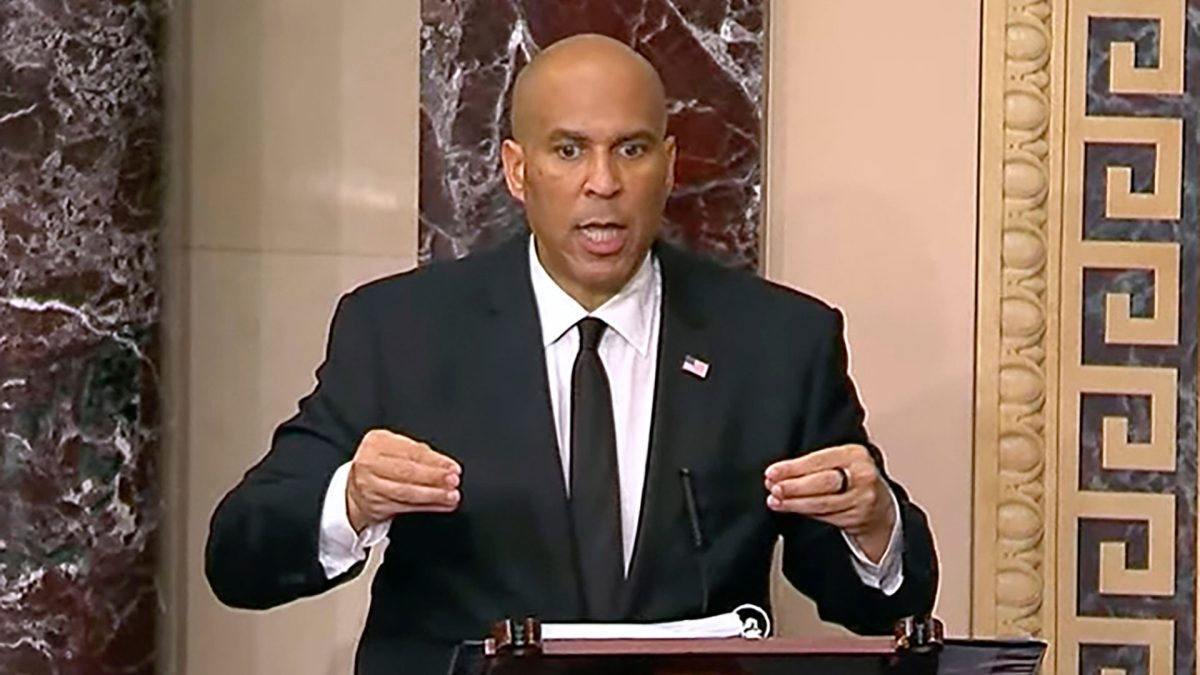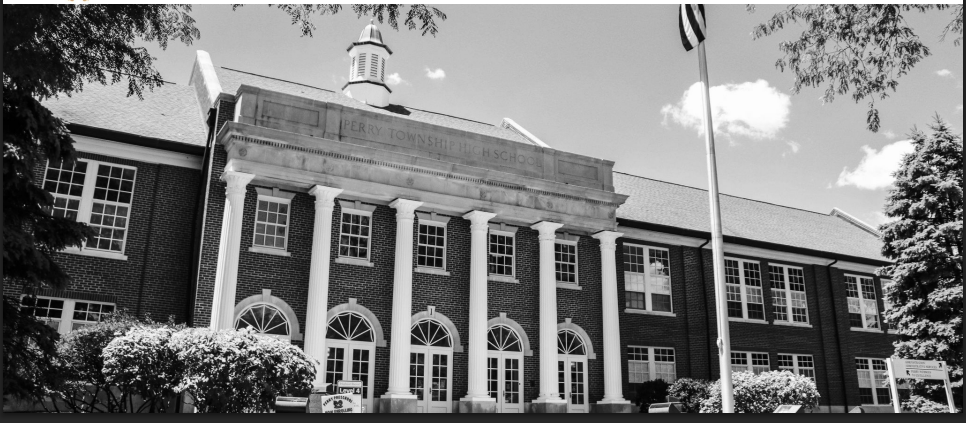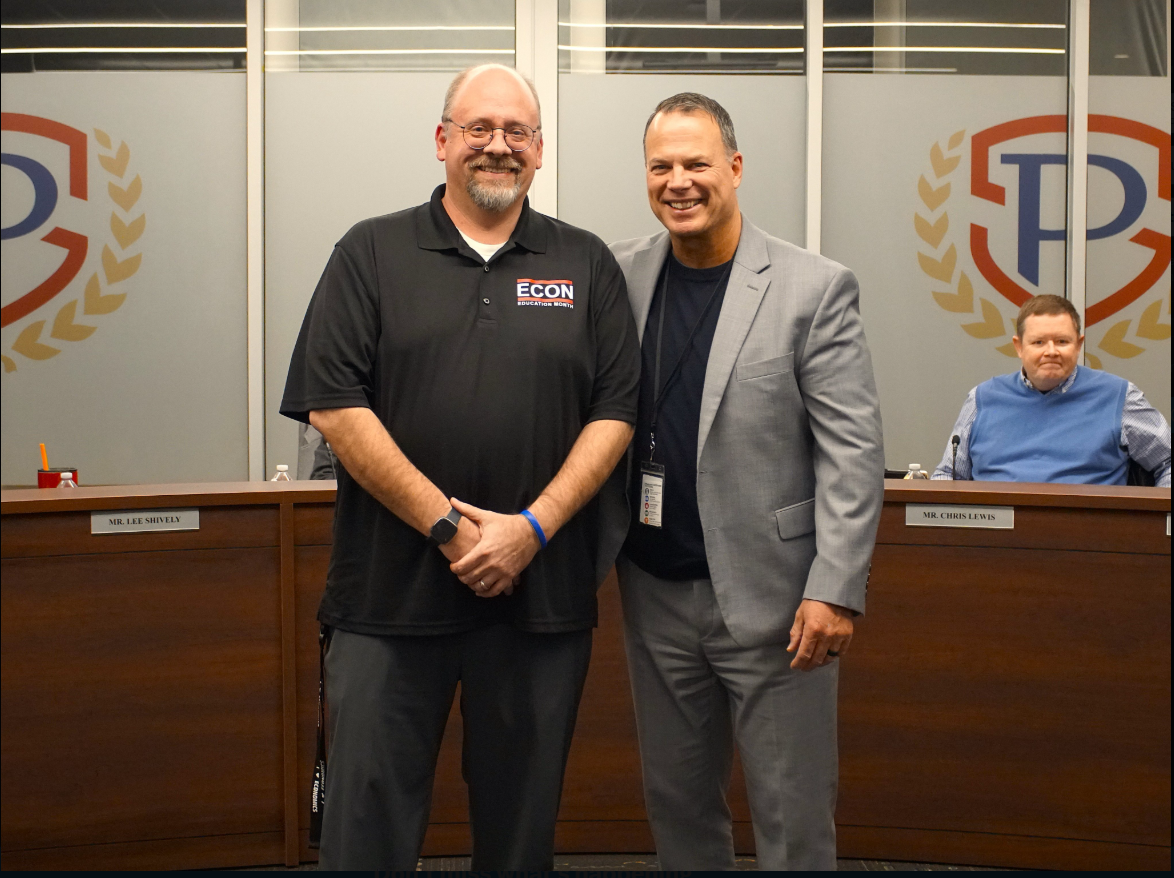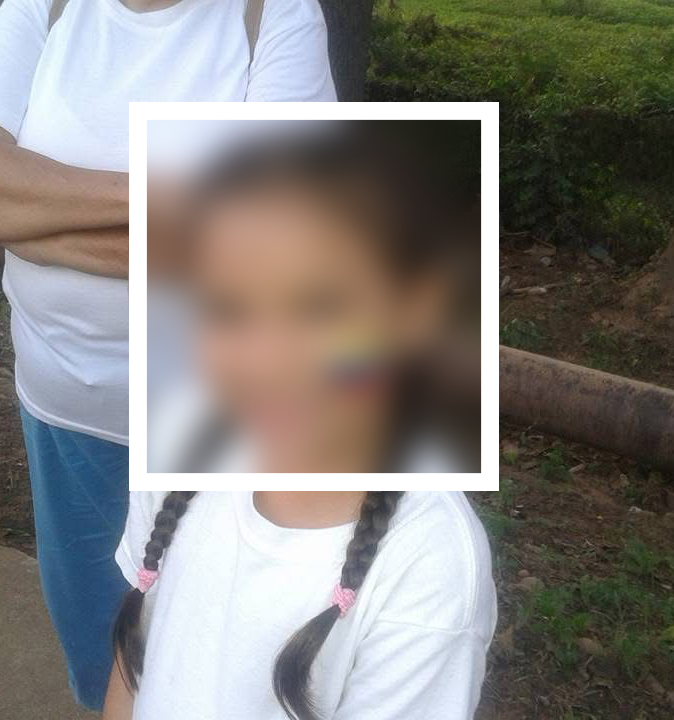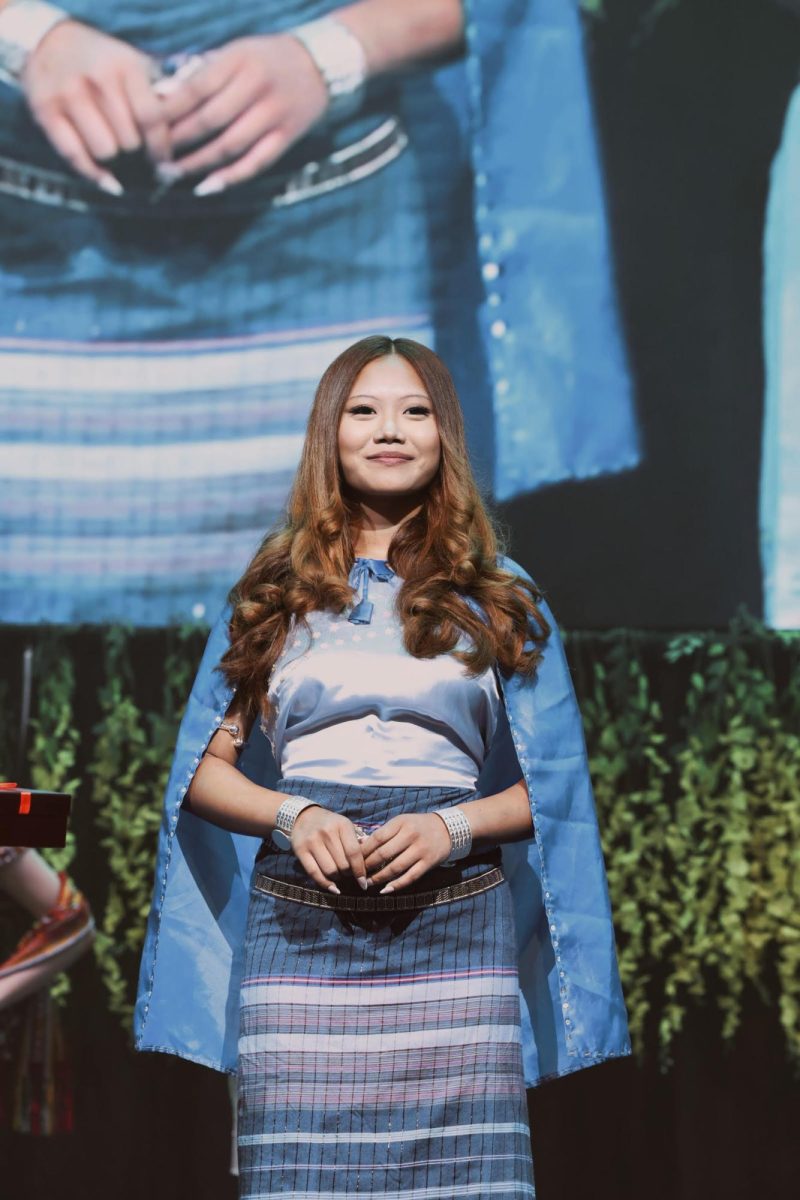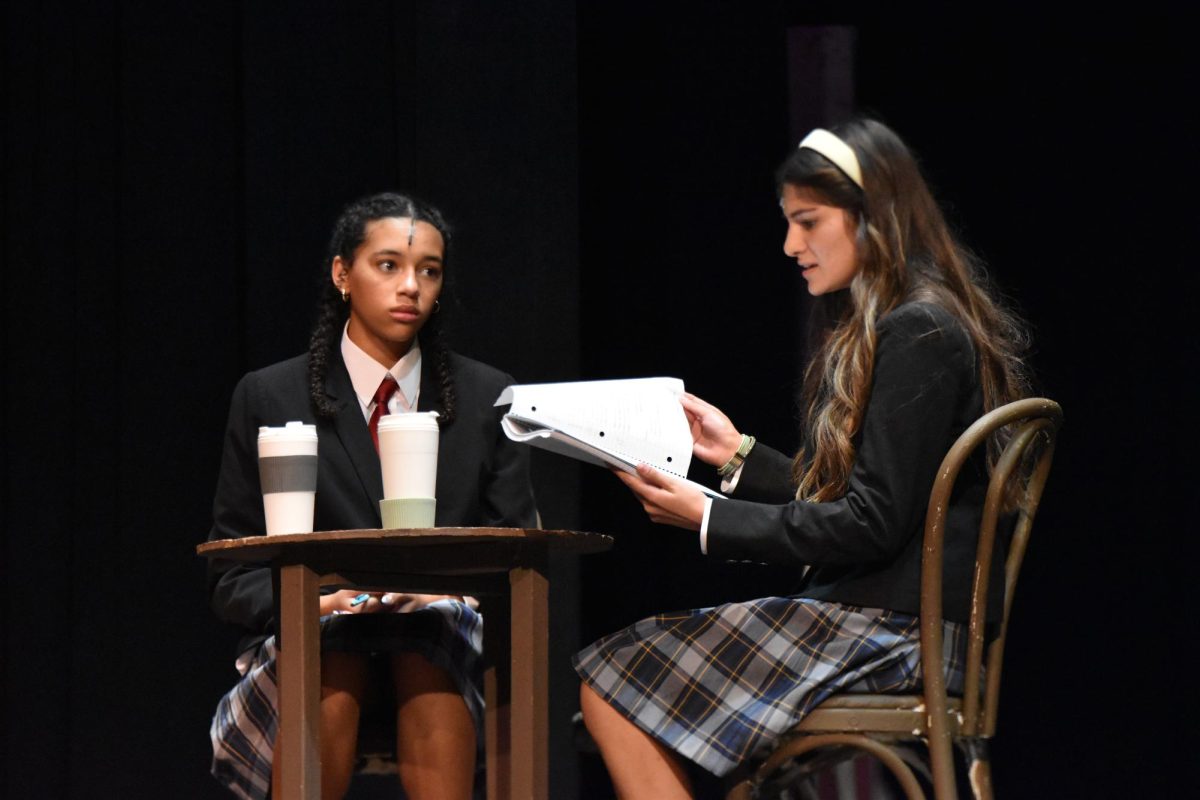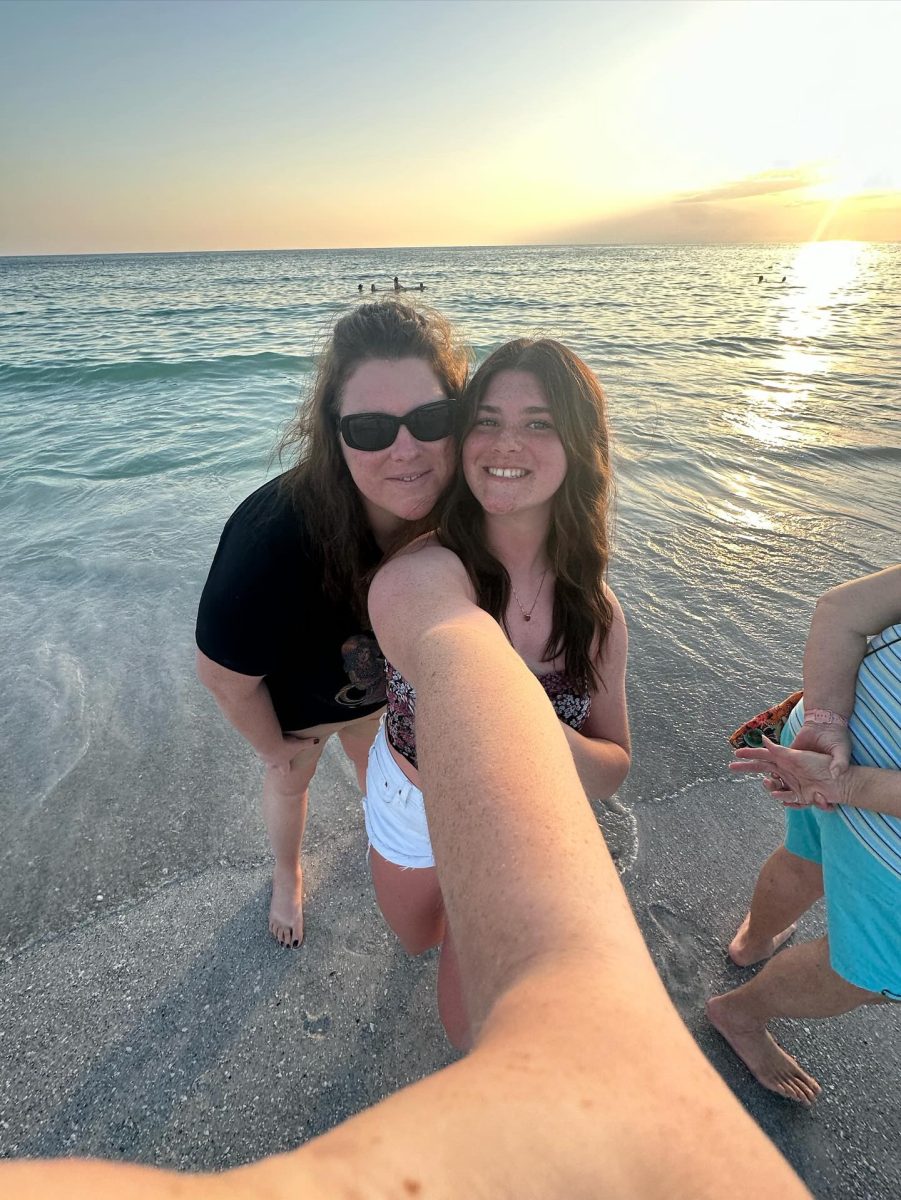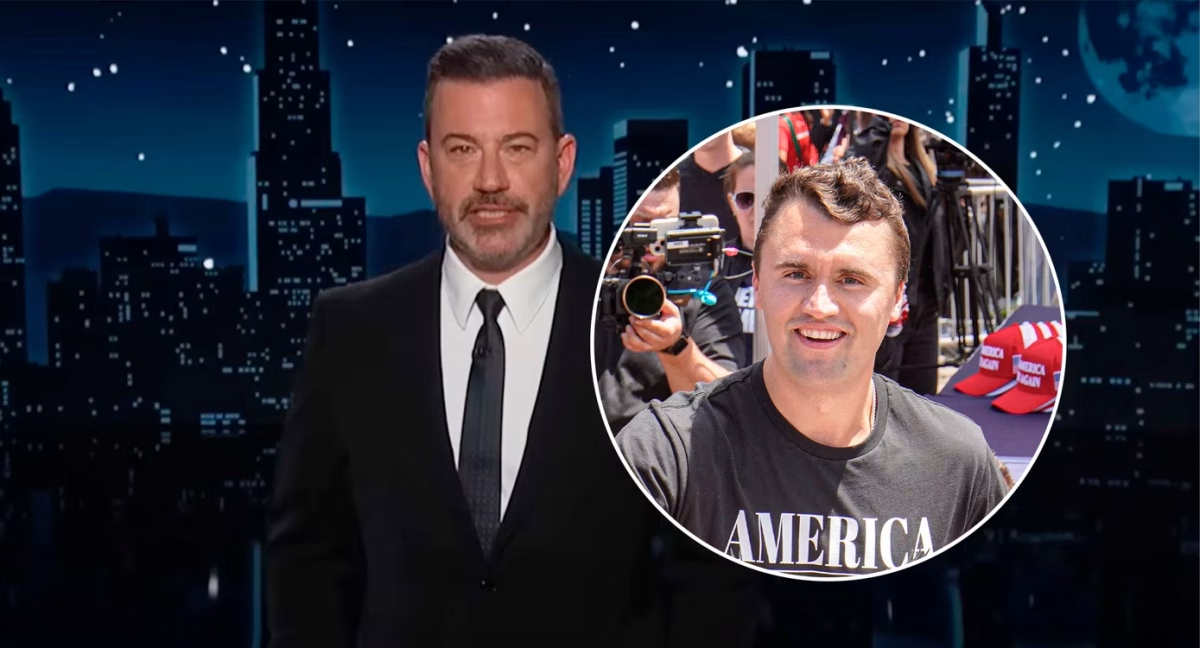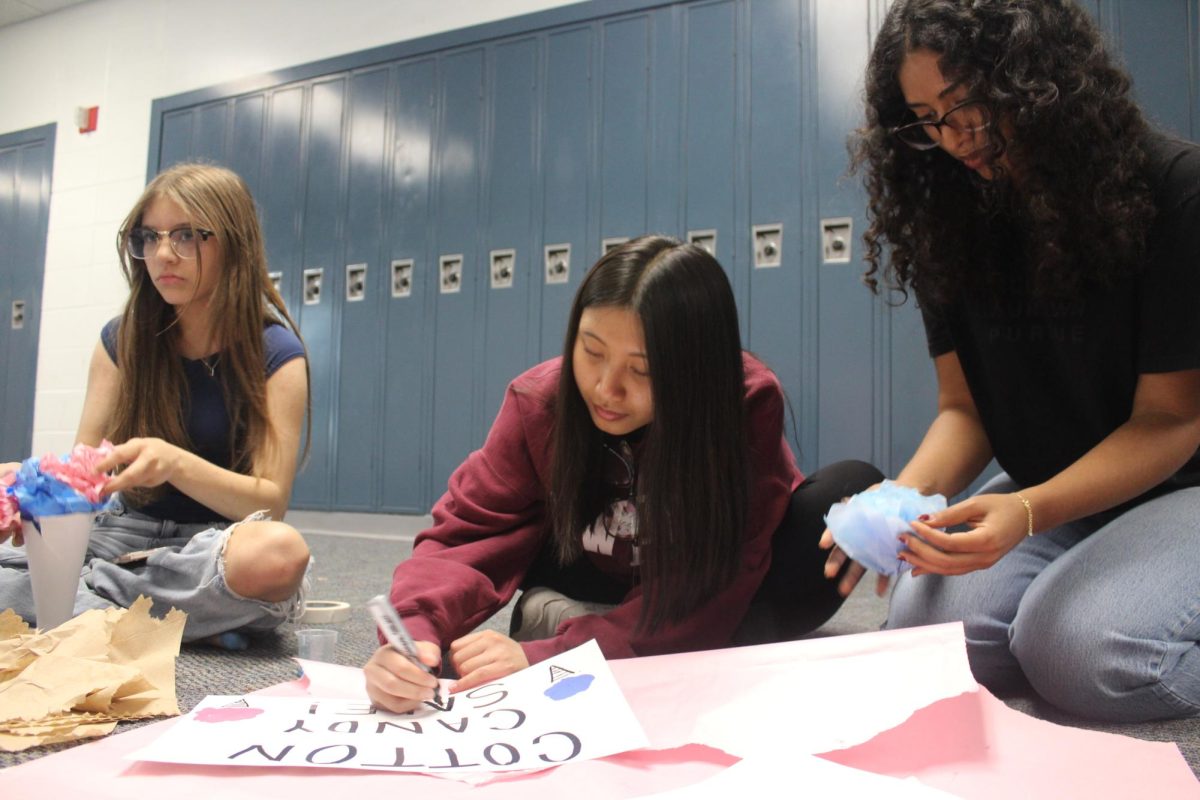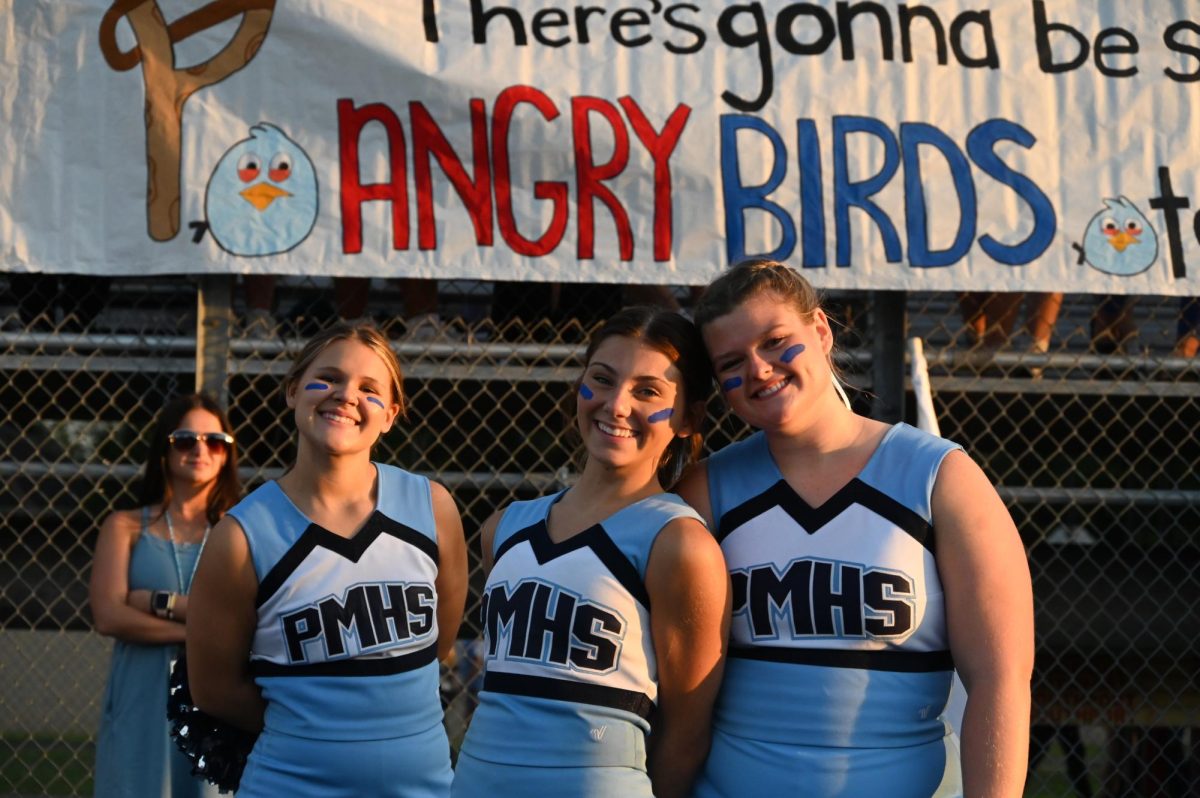
“Good morning, beautiful people” is an introduction many PMHS students are familiar with. The room is brightly lit with a personable figure standing at the front of it. This is the way Tim Dye, 2024-2025’s Perry Township and PMHS Teacher of the year, begins every class.
Dye has been teaching economics at PMHS for seven years. Before coming to PMHS, he taught in Brownsburg and an alternative school in Pike Township. He received teacher of the year awards at both of those schools but nonetheless he was still called home to Perry Township, a Southport graduate himself. “I was in Brownsburg when [Principal Kert] Boedicker called me,” he said.
Dye was asked to teach economics, a social studies class he had never taught before. “I wasn’t very comfortable with my knowledge level of econ.” In addition to this unease, his experience in the student seat with economics was not the part of social studies that lit his fire. “All my econ classes were graphing… that’s dumb.”
Anyone who knows Dye now may be surprised to hear of his lack of enthusiasm for economics before coming to PMHS, as the recipient of the Morton Educator award for Economics in 2024. However, the relevance of economics grew his love for it.
“Part of what you care about with teaching is how you can apply it to your day-to-day life,” Dye said. “…Even if people don’t like politics, there’s a lot of current events that you can talk about… Walk through a restaurant and listen to the conversations at the table… It’s about gas prices or egg prices or inflation or minimum wage or whatever. They’re talking about my class,” he said.
Dye’s understanding of the relevance of his subject in combination with being able to empathize with the difficult or not as interesting parts of the course makes him an ideal candidate to educate on this ever-changing topic.
“[People are] talking about my class; they just might not know it. Or they might not be using the terminology that we use, but it is economic concepts that people are talking about. This election proved [that] our president is a direct result of the unhappiness with the economy, period.” Dye said.
“[In his teaching] He gives you very relevant examples to understand things,” Sophia Bane ‘25 said. In addition to this “He doesn’t just say here’s the lesson plan, here is the slide show, everyone learns it the same way,” Luciana Kadel ‘25 said. Dye modifies his teaching for each individual person. “I was really struggling in that class,” Kadel said, “and he sat down with me and helped me realize I just didn’t understand the wording on the test and I was just overthinking it.”
Bane added to Kadel’s point that “If there is something off with you he doesn’t immediately get upset; he is very understanding.” Dye’s patience creates an open environment in the classroom where students feel like they are safe to have a bad day.
His dedication to his students extends beyond the 1:55 pm dismissal bell as well. “I moved here in the middle of my freshman year… and he took his time to come in on a Sunday and he took me through the school probably 20 times,” Bane said, “That really encompasses how he wants everyone to be successful.”
Dye pushed himself as well to get better. He plagues himself with questions about how to be better. He can be found consistently shadowing other teachers at PMHS and doesn’t shy away from feedback. In his class he considers the reality of all of his students. “I kind of feel like I’ve got a wider variety of abilities,” Dye said, “… so [for example] how do you teach that really high ability student in a regular class without boring them to death?”
To improve his class he has his students fill out a form about how to improve the class and enhance their experience. “So the information they’re gonna give you is only going to make it better… And I think that is something that we, as teachers, don’t do enough to ask students [for feedback],” Dye said.
Little bits and pieces of student input and observation of others is what Dye credits his teaching, and ultimately this award to. But, there is another piece of the puzzle that is just as important: his past mentors. Dye began college as a pre-law major and eventually switched to education. Dr. Bob Hite, professor of education at Capital University, served as a role model for Dye, especially in his realization that the classroom was where he belonged.
“I can’t say enough about this man. And he asked [me] what is the draw to law? And he basically made the connection for me… ‘If you’re a lawyer, be a lawyer in the classroom, and your jury is the class, and you’re trying to convince them [of the truth]’…you’re just trying to get them to see something,” Dye said. This moment has been something Dye has carried with him throughout his career.
“I can tell you what… all these people in my past [have done for me], I can never be them, but I’ll take a piece of them, and then Frankenstein monster that to be me.”



